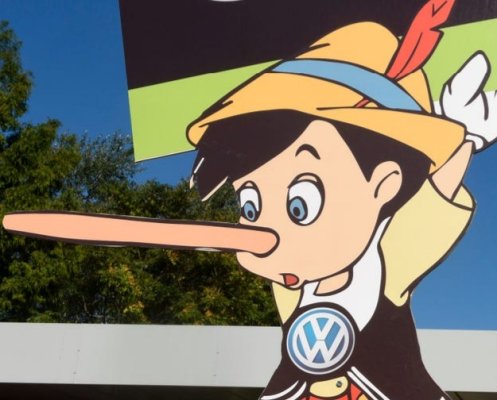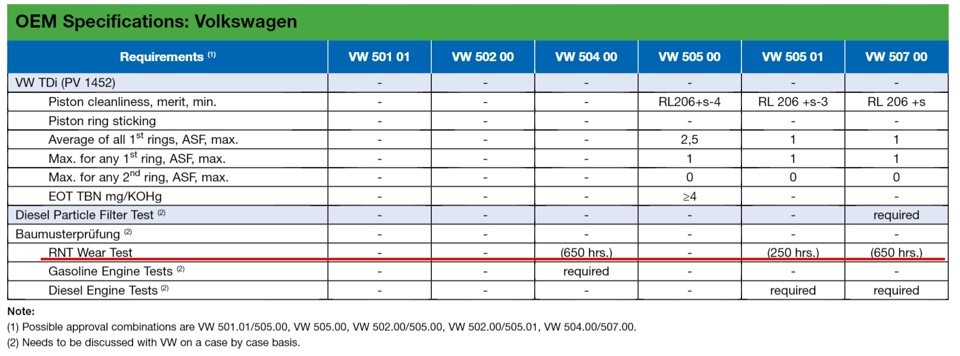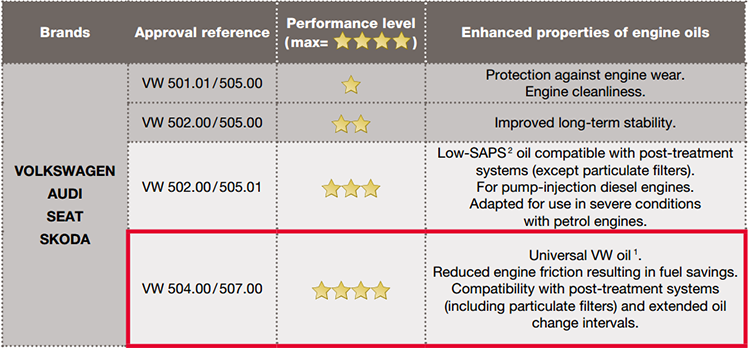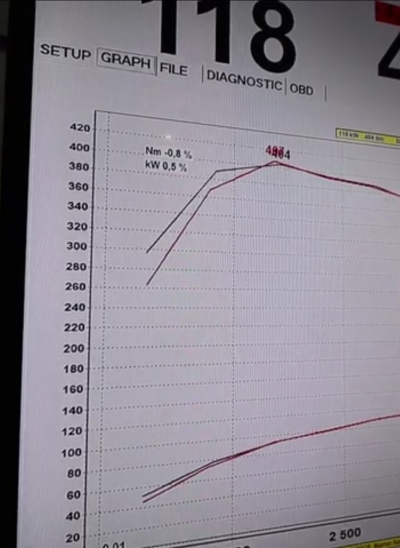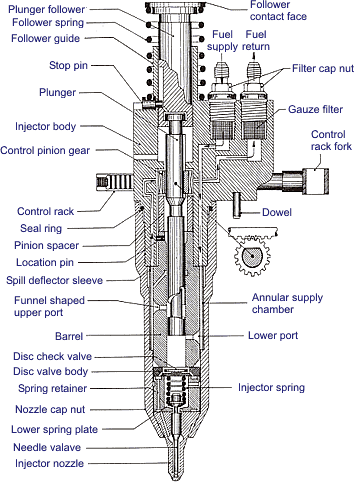LE8800 15W/40 in my father's Nissan Primera 2.0l (from first service onwards) which had 160,000 miles on it the last I heard of it and engine still going strong. Drain interval extended by 50%.
LE8800 15W/40 in my Nissan Almera GTi (from first service onwards) which spent most of its life chasing three digit speeds. Accident write-off at 118,000 miles - engine still perfect. Drain interval extended by 50%.
LE8800 15W/40 in my smart fortwo (from first service onwards) which went to 75,000 miles before needing the oil control rings attending to. Most expire by 50,000 miles.
LE8130 10W/30 in my Chevrolet Suburban Vortec 5.7l. No problems, doesn't burn a drop.
edit PS. And when the smart engine was opened up its internals were clean - unlike the filth inside the examples that failed at 50,000 miles.


